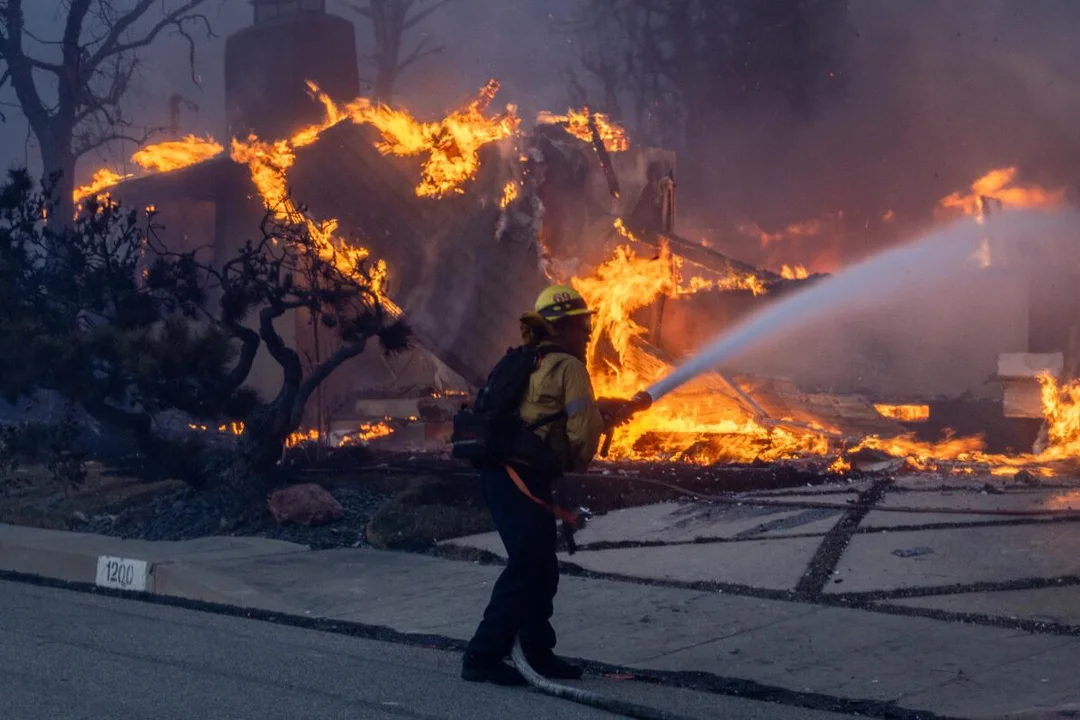
Is California’s FAIR Plan Insurance About to Collapse? What Homeowners Need to Know
As California grapples with the dual impacts of destructive wildfires and rising insurance costs, questions arise over the viability of the state’s last-resort insurance plan—the FAIR Plan. With a lawsuit filed to block potential surcharges on homeowners, the implications for California residents could be severe.
What exactly is at stake? The state-mandated FAIR Plan is a high-risk pool for homeowners who can’t secure coverage through traditional insurers. With the increasing severity of wildfires, particularly the recent devastating incidents in the Los Angeles area, the plan’s number of policyholders has soared from approximately 200,000 in 2020 to almost 560,000 today. This staggering growth signals a shift in the insurance landscape, where major providers are largely absent from high-risk neighborhoods.
The recent lawsuit by Consumer Watchdog against California Insurance Commissioner Ricardo Lara seeks to halt a deal that would allow insurers to pass on costs from the FAIR Plan's losses to policyholders—costs that could amount to billions. Consumer Watchdog claims that Lara’s agreement violates state law, as homeowners should not be held responsible for the financial shortfalls of the FAIR Plan.
In support of Consumer Watchdog, attorney Ryan Mellino commented, “We look forward to defending the rights and pocketbooks of Californians and stopping this socialization of FAIR Plan losses at the public’s expense...” This sentiment reflects a growing concern among residents who have already faced immense financial burden due to recent disasters.
Inaction from insurers to reinstate policies in high-risk areas has left homeowners vulnerable. As insurers such as State Farm and Allstate halt new policies amidst rising wildfire risks, fewer options remain for California families. The FAIR Plan, while essential, weakens under such an influx of demand—especially as it has historically provided only minimal protection.
What options do homeowners have? The California Department of Insurance has been urged to remind insurers of their obligations when it comes to assessing damage claims accurately. Residents facing denied claims for smoke damage after the wildfires are being encouraged to file formal complaints, emphasizing the fight for fair treatment from insurance companies. However, longer-term solutions must focus on addressing the climate crisis to mitigate the ongoing risk of wildfires.
California’s struggle reflects a microcosm of a larger global issue concerning insurance in the wake of climate change. The state’s approach—a mix of supporting high-risk insurance options while accommodating the wishes of insurers—could prove unsustainable if current trends continue. The balance between safeguarding homeowners and protecting insurance companies remains a delicate one, but one that will be critical to navigate in the years ahead.
As California homeowners face uncertainty, this lawsuit and potential surcharges prompt critical questions: How will these developments shape the insurance landscape for future wildfires? Are Californians prepared for further financial impacts, or is there a way to turn the tide? We invite readers to share their thoughts on how this situation affects them and what solutions might work.